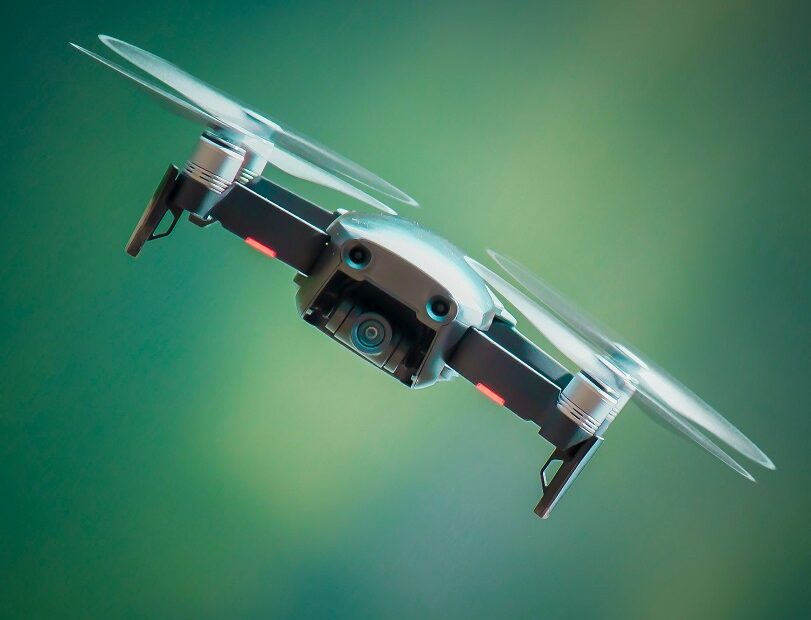Drones have become ubiquitous. They’re used for everything from stunning aerial photography to search and rescue missions. But with this growing popularity comes a growing concern: privacy. These miniature marvels can capture photos and videos, raising questions about who can see what, and when.
This blog post will delve into the world of drones and privacy, exploring the concerns, potential solutions, and how we can find a balance between innovation and personal space.
Why are Drones a Privacy Concern?
Unlike traditional airplanes, drones can fly at lower altitudes, potentially peering into backyards, capturing conversations, or filming unsuspecting people going about their day. Here’s a breakdown of the key concerns:
- Unwanted Surveillance: Drones equipped with cameras and sensors can gather data on people and property without their knowledge or consent.
- Loss of Expectation of Privacy: With drones buzzing around, the concept of a private outdoor space can feel compromised.
- Potential for Misuse: Malicious actors could use drones to spy on individuals, steal information, or even harass people.
Finding Solutions: Balancing Innovation and Privacy
Technological advancements can help mitigate privacy concerns:
- Geo-fencing: Restricting drone flight paths to designated areas can prevent them from entering sensitive zones like residential neighborhoods.
- Drone Detection Systems: These systems can alert people when a drone is nearby, allowing them to take precautions if needed.
- Data Encryption: Ensuring that any data collected by drones is encrypted can prevent unauthorized access.
Regulations and Responsible Drone Use
Legislation plays a crucial role. Many countries are developing drone regulations that address privacy concerns. Here are some important things to consider:
- Clear Flight Zones: Defining areas where drone flight is restricted or prohibited helps protect privacy.
- Drone Operator Licensing: Requiring drone operators to be licensed and trained can promote responsible flying practices.
- Data Privacy Laws: Strong data privacy laws are essential to ensure that any information collected by drones is used responsibly and ethically.
The Future of Drones and Privacy
Drones have the potential to revolutionize many industries, but it’s crucial to address privacy concerns to ensure public trust and acceptance. Through technological advancements, responsible regulations, and a commitment to ethical use, we can find a balance that allows drones to soar without infringing on our right to privacy.
Real-Life Examples of Drone Privacy Concerns
- Paparazzi Drones: In 2020, a woman sunbathing in her backyard in California was filmed by a paparazzi drone. The incident sparked outrage and highlighted the potential for drones to invade people’s privacy.
- Privacy Violations at Protests: Drones have been used by law enforcement to monitor protests, raising concerns about chilling free speech and the right to assemble.
- Data Leaks from Delivery Drones: A recent data breach at a drone delivery company exposed customer information, raising concerns about the security of data collected by drones.
What You Can Do
Drone users should:
- Fly in designated areas only.
- Respect people’s privacy and avoid filming individuals without their consent.
- Be aware of and comply with local drone regulations.
Everyone can play a role:
- Stay informed about drone regulations in your area.
- If you have privacy concerns regarding drone activity, report it to the authorities.
- Support initiatives that promote responsible drone use and data privacy.
Summary:
The rise of drones brings incredible opportunities, but also raises concerns about privacy. Drones can capture video and data without our knowledge, potentially invading our personal space. This blog post explores these concerns, highlighting real-life examples like paparazzi drone use and protest monitoring. We then delve into solutions like geo-fencing, data encryption, and responsible regulations.
The key is to find a balance. By developing responsible drone use practices, advocating for strong data privacy laws, and working together, we can ensure a future where drones soar without infringing on our right to privacy.

